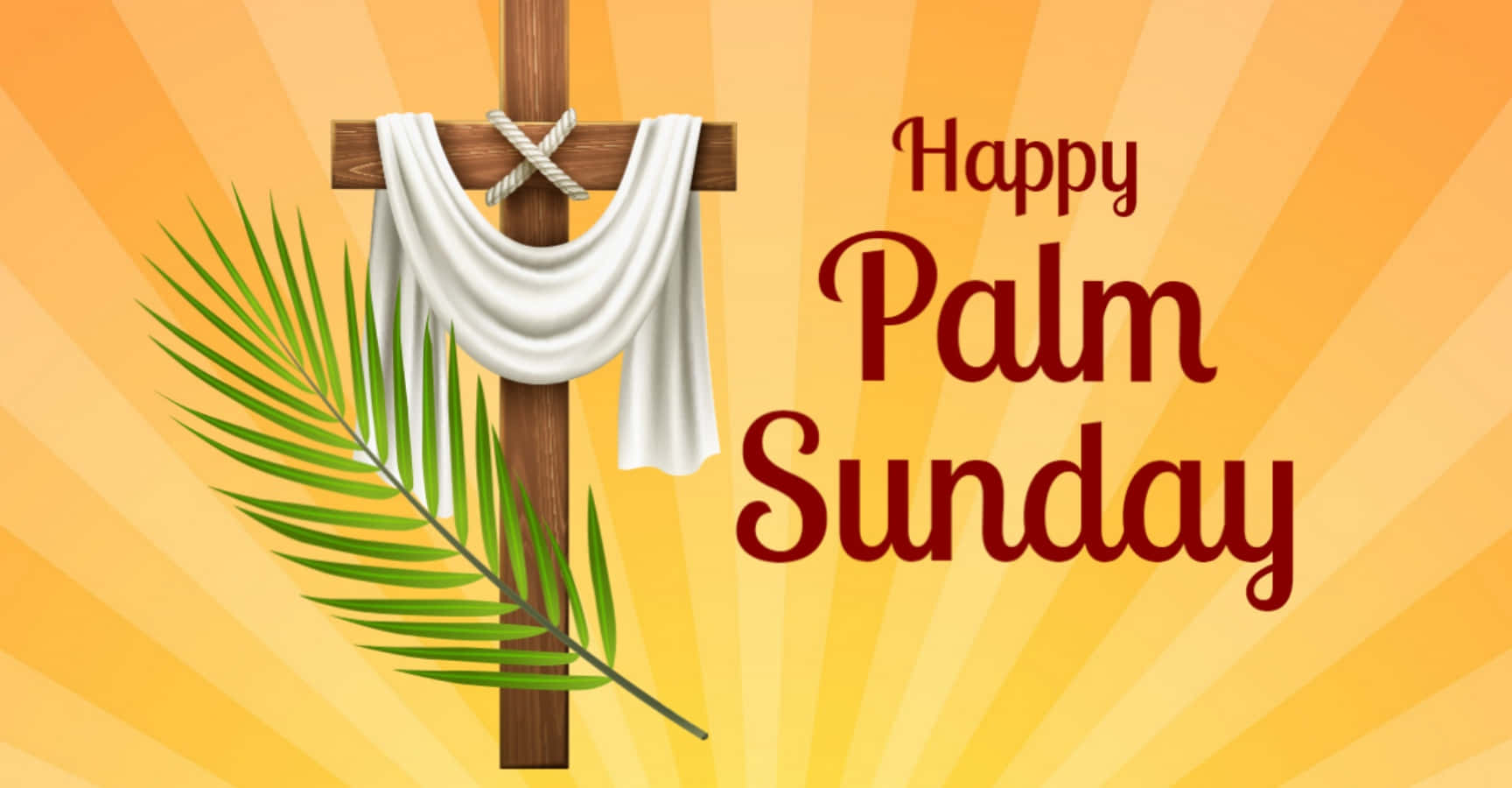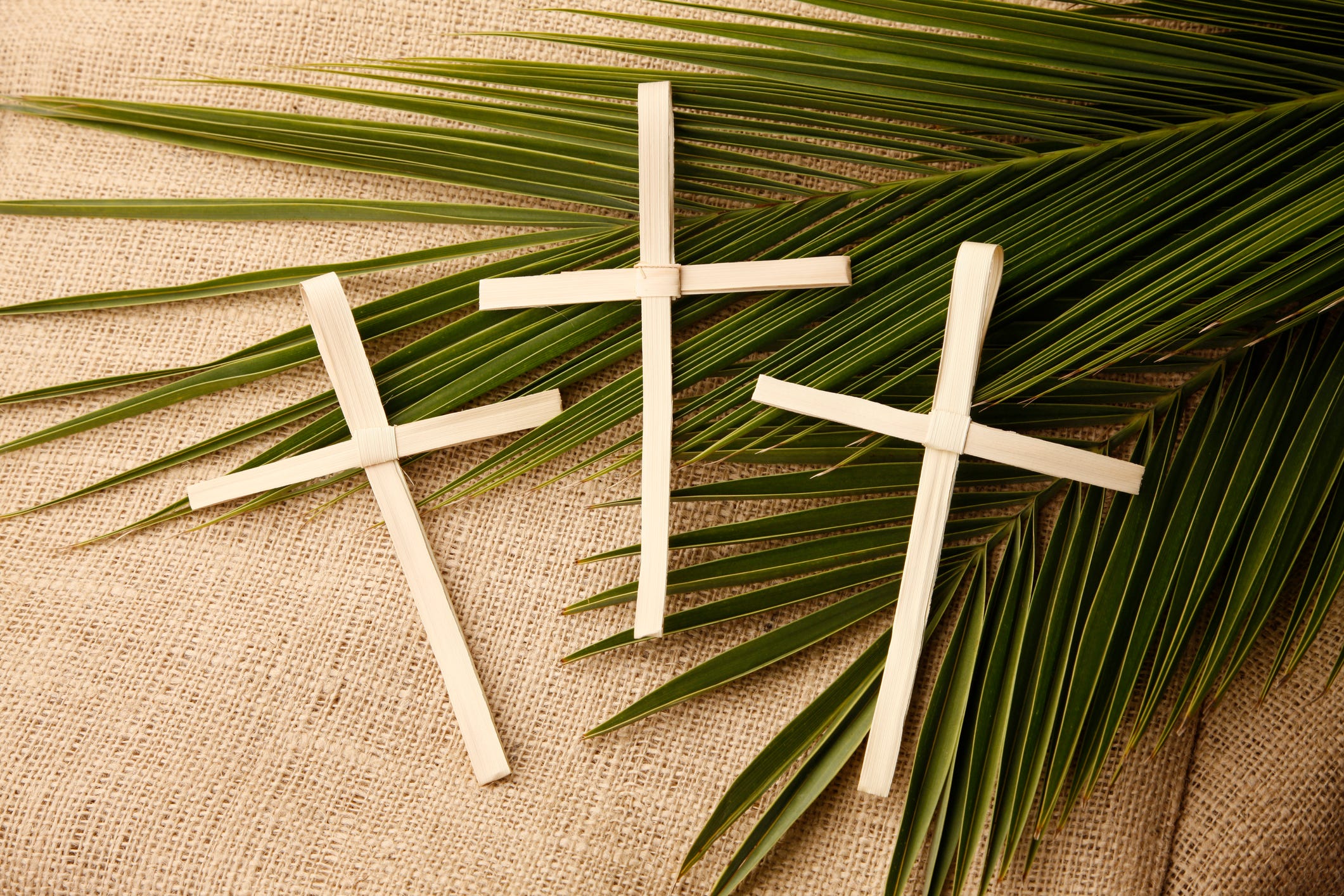
Palm Sunday, a pivotal event in the Christian calendar, commemorates the triumphal entry of Jesus Christ into Jerusalem, marking the beginning of Holy Week. This sacred day is observed by Christians worldwide, symbolizing the fulfillment of ancient prophecies and the ultimate sacrifice of Jesus for humanity's salvation. In this article, we will delve into the meaning, facts, and observances associated with Palm Sunday, exploring its significance in the context of Christianity, the Bible, and Jesus' life.
Christianity and the Significance of Palm Sunday
In Christianity, Palm Sunday is a momentous occasion that heralds the arrival of Jesus in Jerusalem, where he was greeted with palm branches and hailed as the Messiah. This event is recorded in all four Gospels of the Bible: Matthew, Mark, Luke, and John. According to the biblical account, Jesus rode into Jerusalem on a donkey, fulfilling the prophecy of Zechariah 9:9, which states, "Rejoice greatly, O daughter of Zion! Shout, O daughter of Jerusalem! Behold, your King is coming to you; He is just and having salvation, lowly and riding on a donkey, a colt, the foal of a donkey."
The Bible and Palm Sunday
The Bible provides a detailed account of the events leading up to Palm Sunday. Jesus' entry into Jerusalem was a deliberate act, designed to demonstrate his messianic claims and to fulfill the prophecies of the Old Testament. The crowds that gathered to welcome Jesus waved palm branches, symbolizing victory and peace, and shouted "Hosanna," a Hebrew expression meaning "save now." This jubilant scene is a testament to the anticipation and expectation surrounding Jesus' arrival, as the people of Jerusalem recognized him as their long-awaited Savior.
Meaning and Facts About Palm Sunday
Palm Sunday holds profound significance in the Christian faith, representing the culmination of Jesus' ministry and the beginning of his journey to the cross. Here are some key facts and meanings associated with Palm Sunday:
The Triumphal Entry: Jesus' entry into Jerusalem was a triumphant declaration of his divinity and mission to save humanity.
Palm Branches: The palm branches used to welcome Jesus symbolize victory, peace, and eternal life.
Hosanna: The cry of "Hosanna" is a plea for salvation and a recognition of Jesus as the Messiah.
Donkey: The donkey on which Jesus rode represents humility and meekness, contrasting with the pomp and pride of worldly leaders.
Observances and Traditions
Palm Sunday is observed by Christians worldwide through various traditions and customs. Some common practices include:
Palm Processions: Many churches hold palm processions, where worshipers carry palm branches and reenact Jesus' triumphal entry into Jerusalem.
Worship Services: Special worship services are held on Palm Sunday, featuring music, prayers, and sermons that reflect on the significance of the day.
Liturgy: The liturgy for Palm Sunday often includes the reading of the Passion narrative, which recounts the events leading up to Jesus' crucifixion.
In conclusion, Palm Sunday is a momentous occasion in the Christian calendar, commemorating the triumphal entry of Jesus into Jerusalem and marking the beginning of Holy Week. As we reflect on the meaning, facts, and observances associated with this sacred day, we are reminded of the profound significance of Jesus' life, death, and resurrection, and the eternal hope that his sacrifice offers to humanity.









